Wise Mind
Everyone—including you!—has a deep, inner intuition that considers all of their emotions, desires, and values, as well as the logistical needs of reality. This place of wisdom is Wise Mind.
Stories
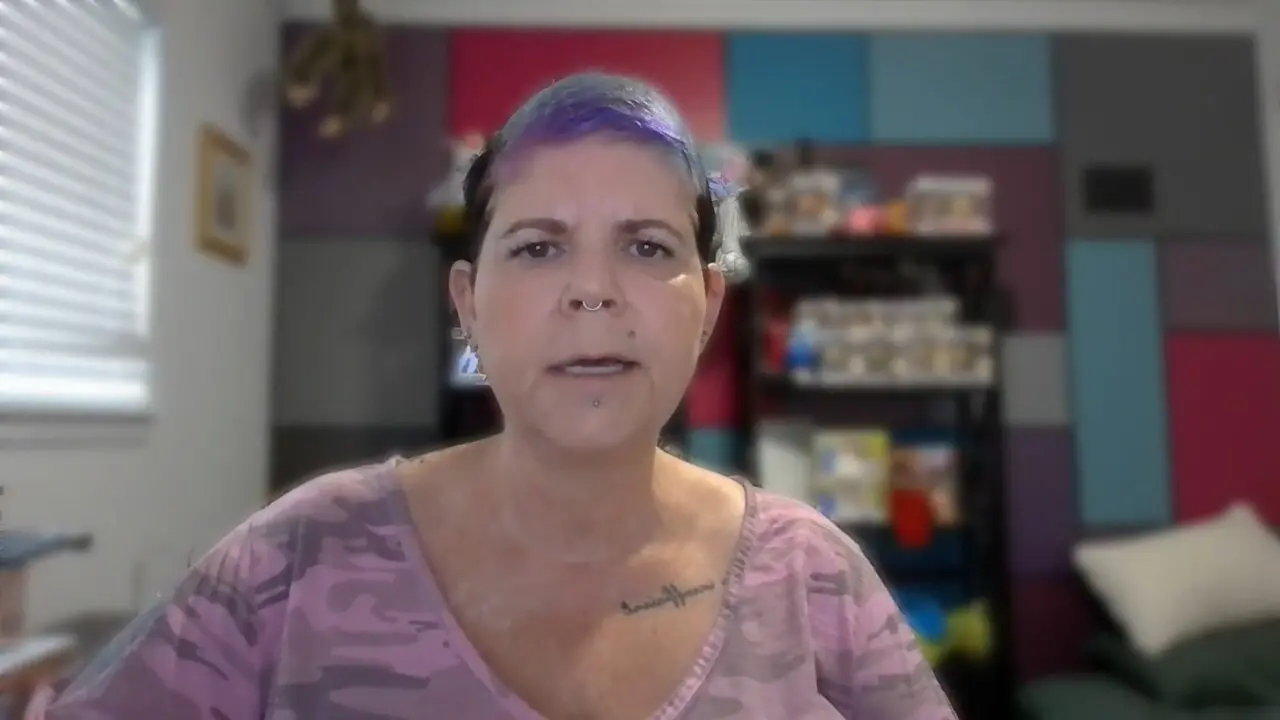
I woke up this morning at a full eight out of 10 on the stress scale before even getting out of bed. My full blown 10 out of 10 urge was to crawl back in bed.
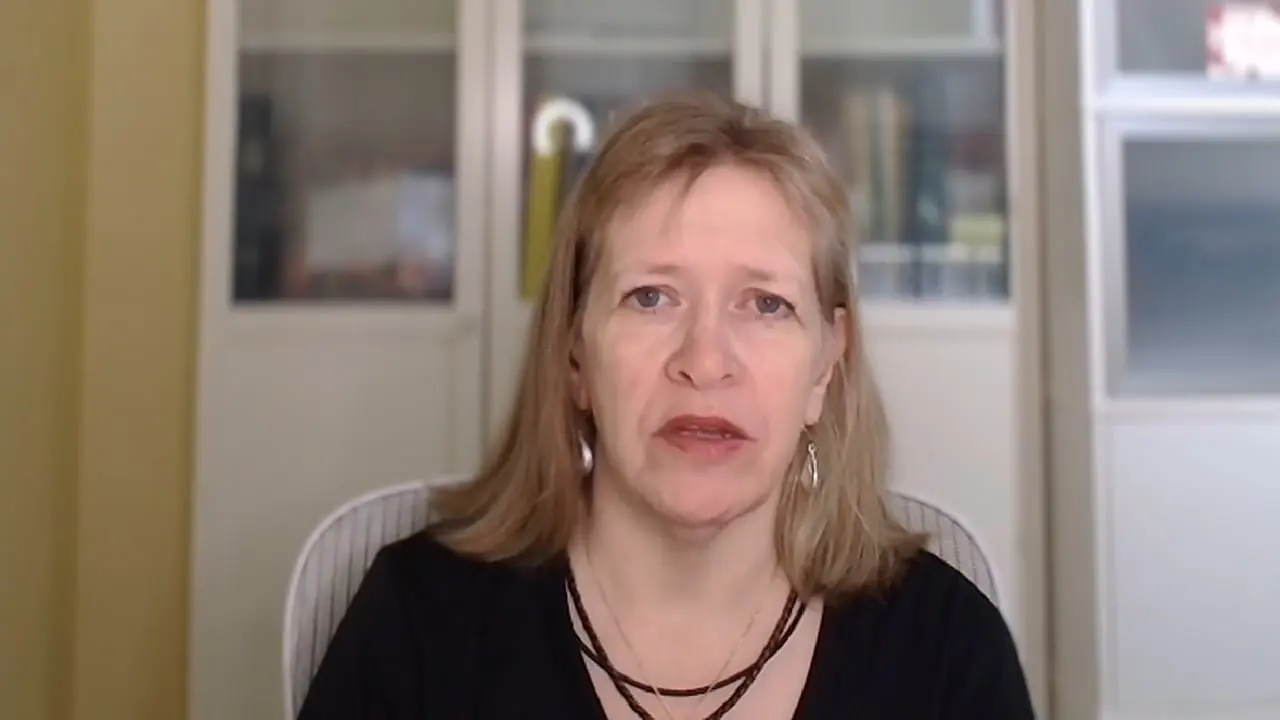
My thoughts were spaghetti ‑ they couldn't be separated. And then I remembered Wise Mind as a DBT Skill.
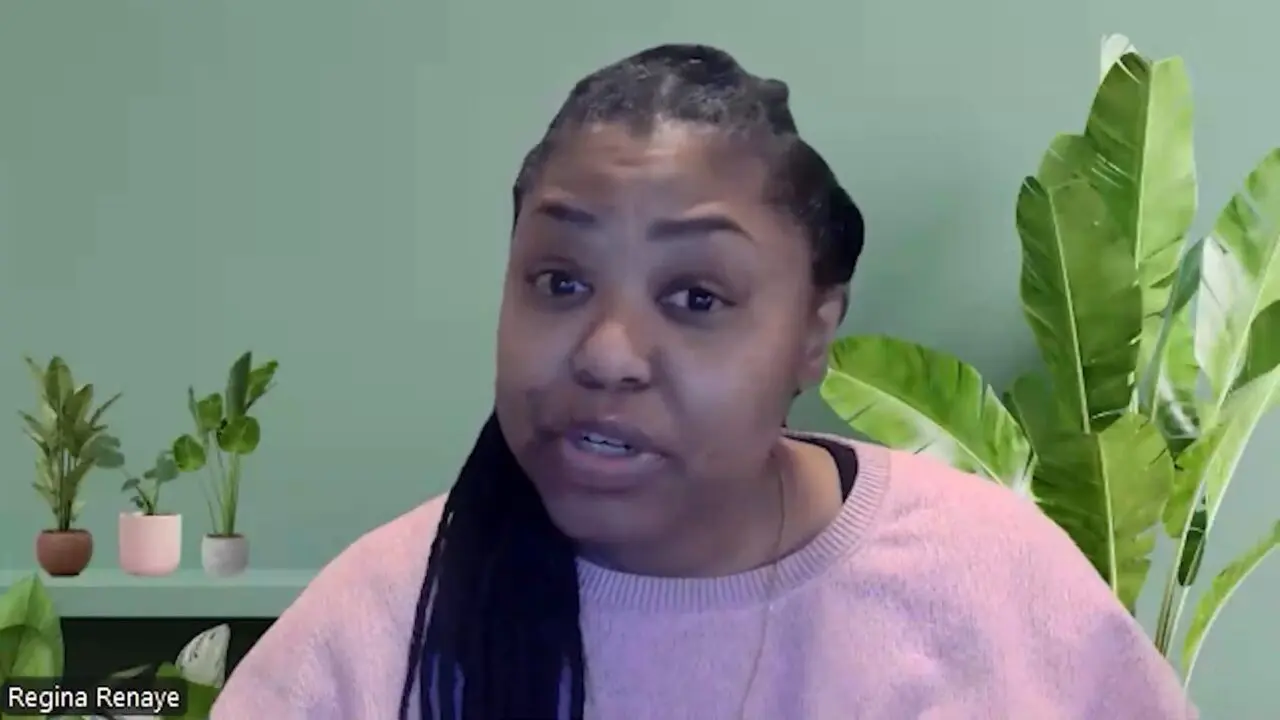
If you're anything like me, you might struggle with all or none thinking or black and white thinking. Because of this, I have been labeled dramatic for reacting emotionally, while at other times called cold for making decisions based purely on logic.
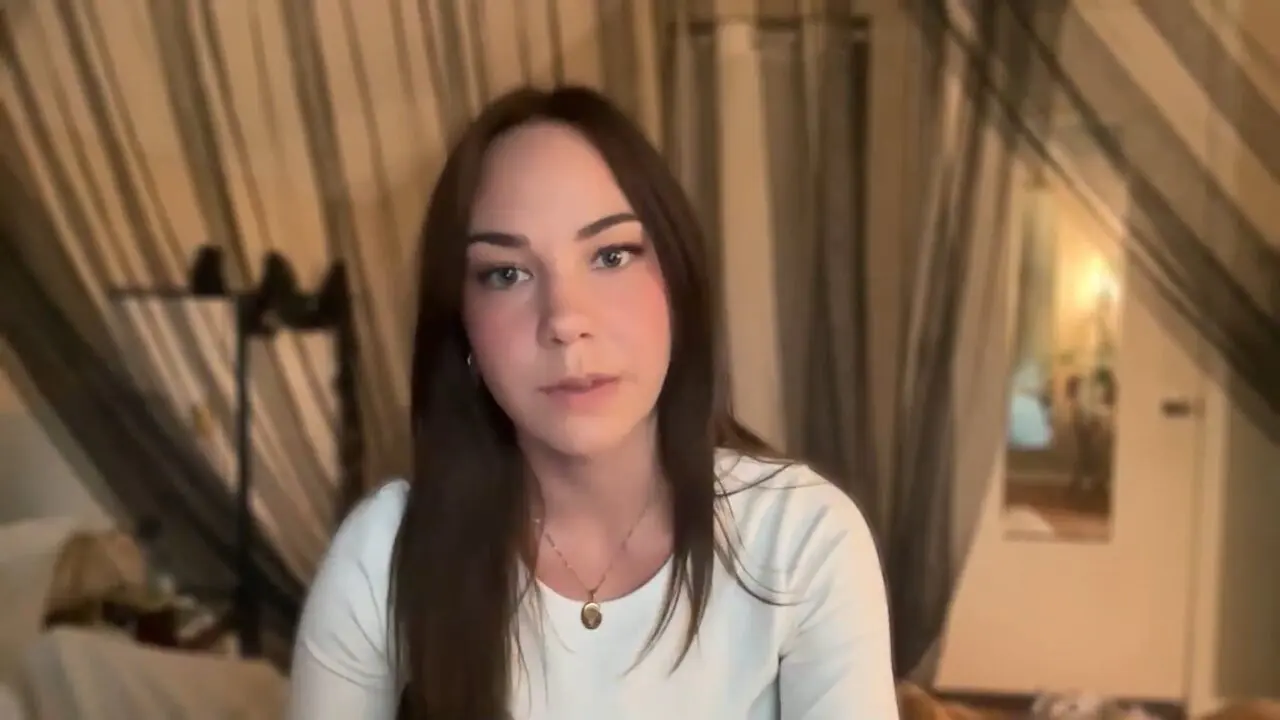
Sometimes when I'm really stressed and emotionally overwhelmed, I have a hard time keeping a realistic perspective and making decisions based on my values.
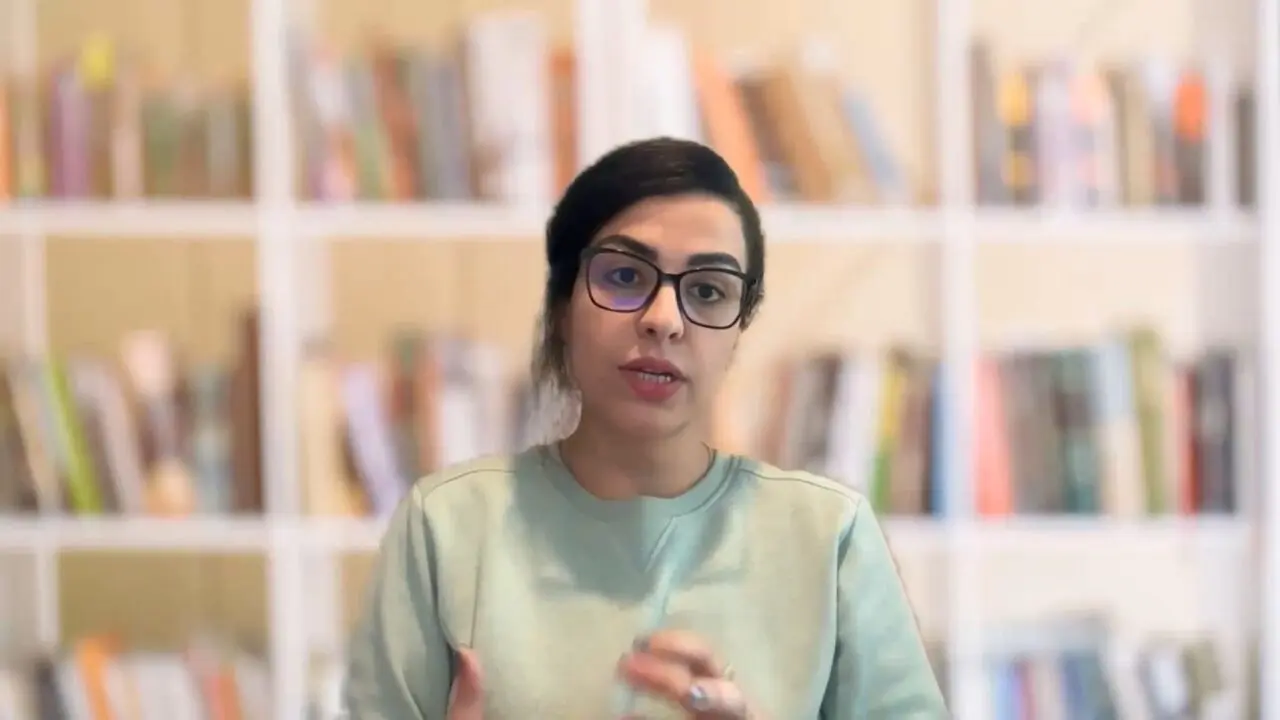
When thinking about my options, I try to combine both my logic and my emotions by using my values.
Community Tips
Some people think that this implies that emotion mind is a negative thing ‑ that it’s irrational. Not at all. It is a type of valuable wisdom.
I do Internal Family Systems therapy with my therapist. We do inner child work and talk about how different parts of me want different things. Even though it’s a DBT skill, not IFS, Wise Mind has been great for helping my parts get along.
I’ve been Catholic my whole life. For me, my Wise Mind is the God within.
We talk about whether we tend to be more in the emotion mind or the rational mind. I can go hardcore in either. It is hard to remember the other end of things from one side.
I totally lose touch with wise mind when I spike into the red zone. I look at my pros and cons list for self‑harming stuff to help me get back closer to my wise mind.
My Wise Mind is always going. I look different from the people around me. It protects me, but I also wish I could speak it out loud more freely.
I think for some of us with sexual trauma, we are so cut off, that the Wise Mind seems so inaccessible. We probably had to actively override it to survive.
Your Wise Mind can be terribly annoying. You don’t always have to do what it says, but it’s important to at least listen.
Why Use this Skill
We all face complex situations and competing needs. It can be hard to know what to do when our emotions contradict one another, when our current situation makes following our values tough, or when it feels like our head and our heart aren’t aligning. Wise Mind can help us with this type of confusion.
When to Use This Skill
Use Wise Mind when:
- You’re confused by a tough decision, complex situation, or conflicting needs or desires.
- You’re having urges to act impulsively in ways you know will cause long-term problems.
- You want to build a Life Worth Living.
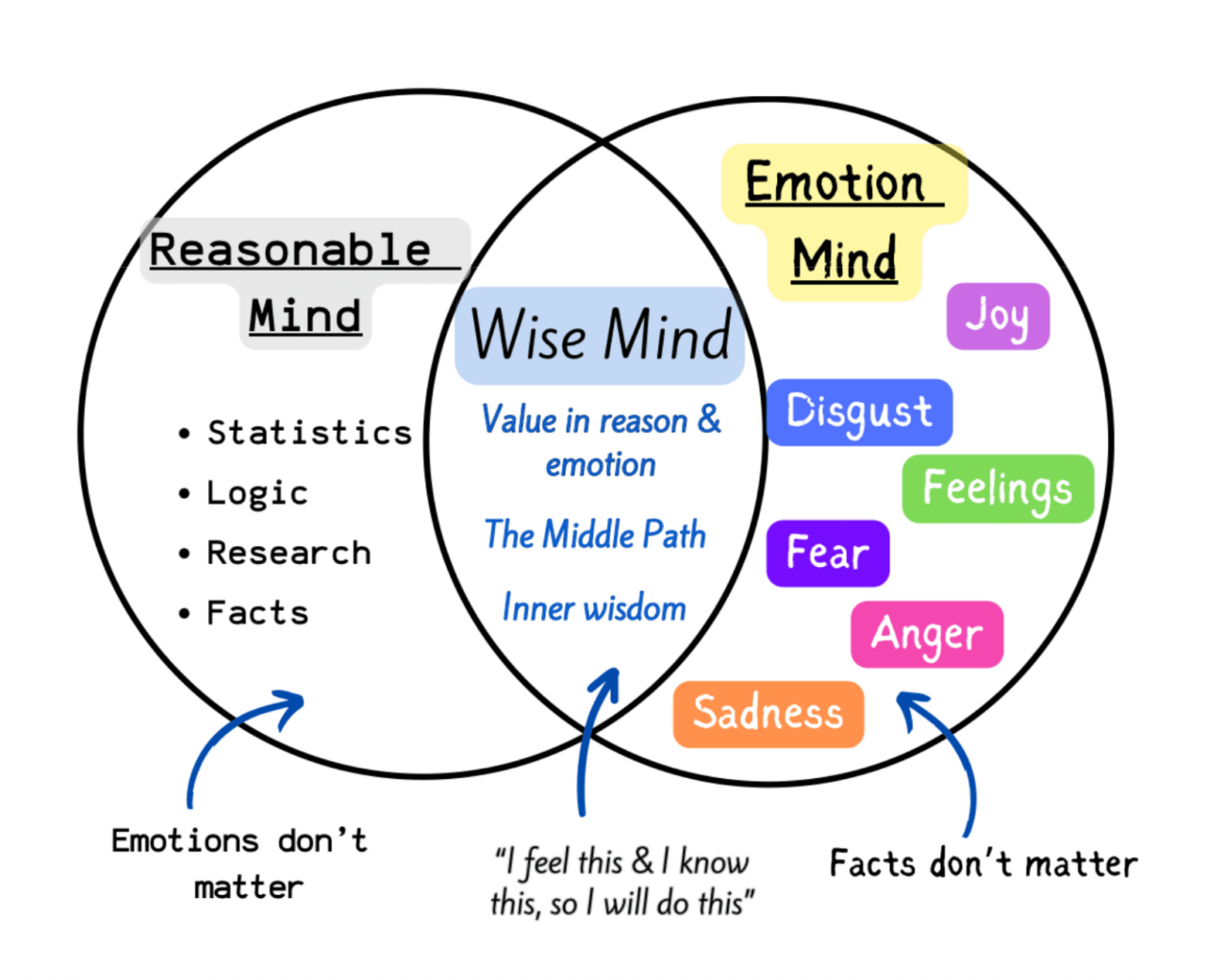
How to Use This Skill
To find Wise Mind, you usually need to consider Emotion Mind and Reasonable Mind.
Emotion Mind is the part of you that prioritizes emotions, values, and desires. It can feel super “hot” and impulsive. When you’re in Emotion Mind, your behavior is solely driven by how you’re feeling.
Reasonable Mind is the part of you that prioritizes facts, logic, and logistics. It can feel controlled and goal-directed. When you’re in Reasonable Mind, your behavior is solely driven by plans and knowledge.
Wise Mind integrates Emotion Mind and Reasonable Mind to come to a place of wisdom that respects all parts of your experience.
To try to access Wise Mind:
- Journal and ask yourself: What do my emotions or desires make me feel like doing? What do the facts or my long-term goals require that I do? Is there a way that I can do both? If not, what’s truly most important to me right now?
- Take slow, deep breaths, asking yourself, “what would Wise Mind say or do in this situation?” Keep breathing deeply until you know the answer.
- Imagine yourself sinking down into a deep pool or water, or walking down a spiral staircase, deep down into your deepest intuition. What do you know to be true when you arrive there?
- Think about past times when you were in Wise Mind—you probably felt calm and confident and grounded about what you needed to do, even if you were also feeling very upset—and think about what you could do now to feel that same way.
- Draw a Venn diagram (like the above) and fill out what Emotion Mind wants, what Reasonable Mind wants, and what both want (Wise Mind).
Learning how to access Wise Mind is kind of like riding a bike… It can be really tricky at first, and you’ll have to think really hard about it every time. But, eventually, with practice, it can become easier and feel like second nature.
Resources
“Why Mindfulness is a Superpower”
YouTube video that describes how mindfulness can help us respond wisely to life
“Is This Wise Mind?” Guided Meditation
YouTube video with guided meditation for finding Wise Mind, with music and images of nature
Dr. Linehan Teaches Wise Mind
YouTube video where Dr. Marsha Linehan, the creator of DBT, discusses Wise Mind
Ideas for Getting Into Wise Mind
Blog post about ways to get into Wise Mind, from DBT therapist Amanda Smith
Wise Mind: An Intuitive, Centered State of Mind
Video about Wise Mind, from the DBT‑RU YouTube channel.
Related Skills
Notice Glimmers
Find and appreciate positives.
Self‑Soothing
Nurture yourself with physical comfort and pleasure.
Radical Acceptance
Acknowledge what’s true and let yourself grieve.
Emotions as Signals
Notice how emotions are helpful.